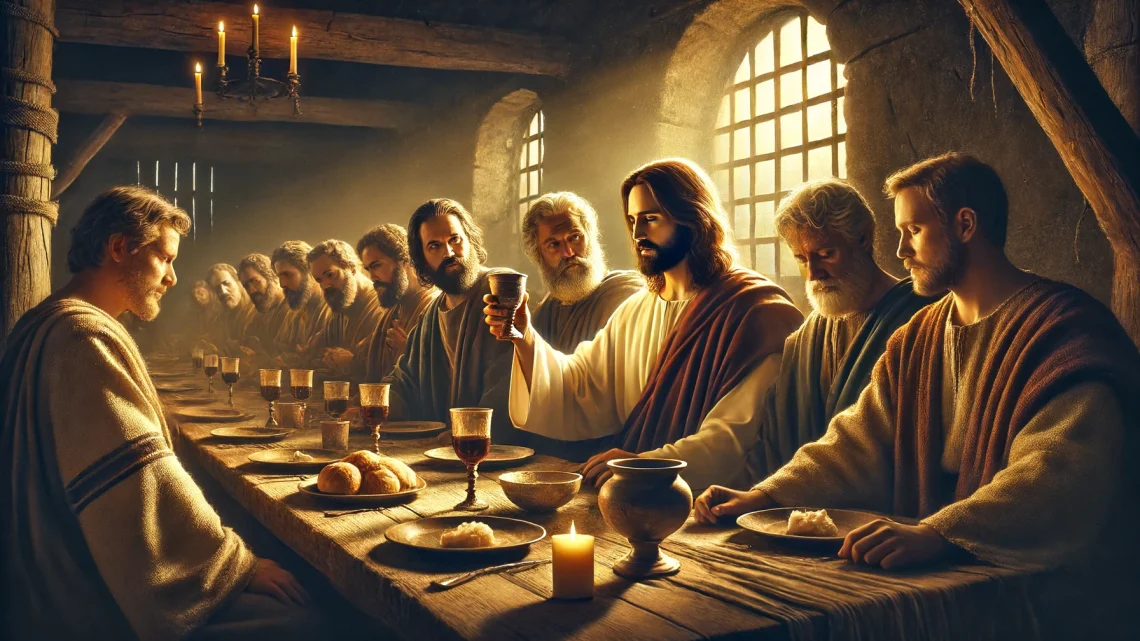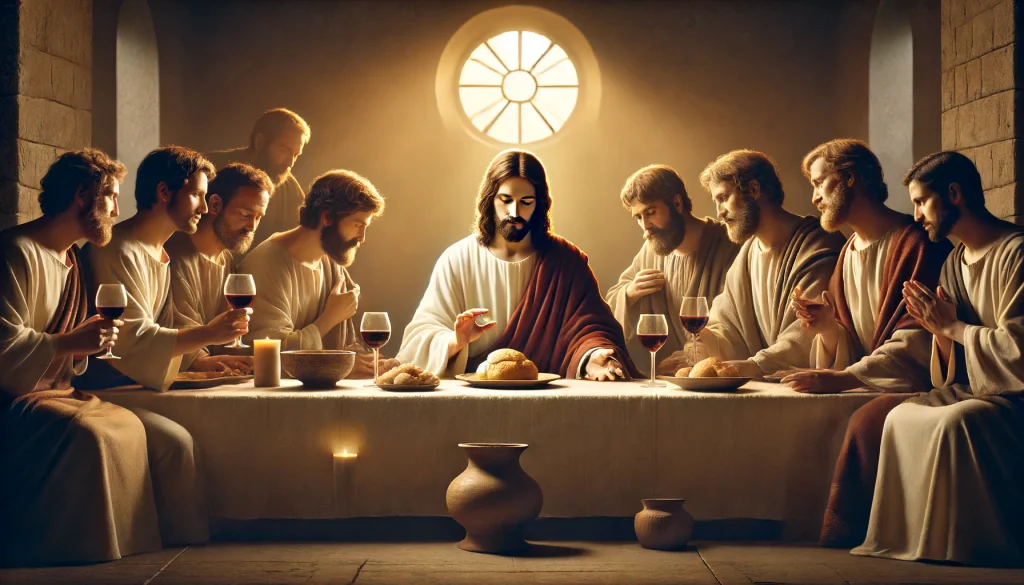Sacrament Prayers for Followers of Christ


Historical Context
The sacrament prayers have deep roots in Jewish tradition and are derived from blessings used in ancient times. These prayers are found in various Jewish texts and liturgies, including the Siddur (Jewish prayer book). The blessings, HaMotzi (over bread) and Kiddush (over wine), are traditional prayers of thanksgiving and sanctification.
Jesus and the Prayers
During the Last Supper, Jesus Christ used these traditional prayers, highlighting their importance and continuity. He took the bread, blessed it, broke it, and gave it to His disciples, saying, “This is my body given for you; do this in remembrance of me” (Luke 22:19). Similarly, He took the cup of wine, blessed it, and shared it, saying, “This cup is the new covenant in my blood, which is poured out for you” (Luke 22:20).
By using these prayers, Jesus connected His followers to the ancient traditions while giving them new meaning in the context of His sacrifice.
Blessing over the Bread (HaMotzi)
Hebrew Pronunciation:
“Baruch atah Yehovah Eloheinu Melech ha-olam ha-motzi lechem min ha-aretz”
English Pronunciation:
“Blessed are You, Yehovah our God, King of the universe, who brings forth bread from the earth.”
Blessing over the Wine (Kiddush)
Hebrew Pronunciation:
“Baruch atah Yehovah Eloheinu Melech ha-olam borei p’ri ha-gafen”
English Pronunciation:
“Blessed are You, Yehovah our God, King of the universe, who creates the fruit of the vine.”
These blessings are recited by Followers of Christ to honor the traditions and teachings of Jesus, acknowledging the sacred acts He performed and their significance.
This image beautifully captures the serene and reverent atmosphere of the Last Supper, where Jesus shared bread and wine with His apostles, instituting the Eucharist.

